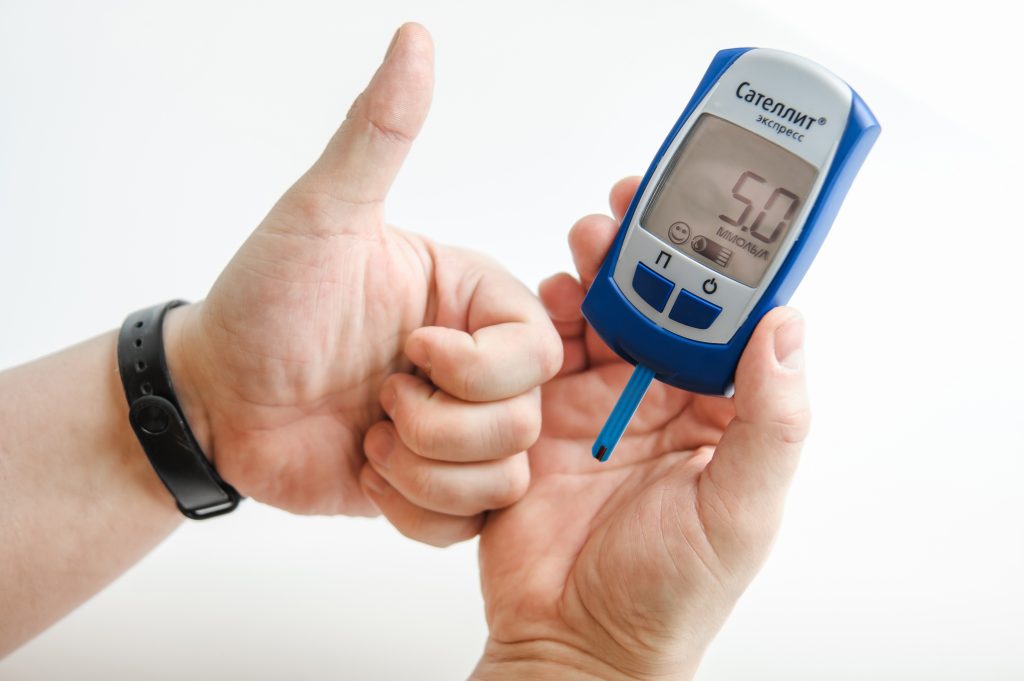Choosing a glucose monitor can be a challenging task for those who have diabetes or need to keep a track of their blood sugar levels. Here are some important factors to consider when choosing a glucose monitor.
- Accuracy: The most important factor when choosing a glucose monitor is accuracy. It is crucial to have a device that gives accurate readings to manage diabetes effectively. Look for glucose monitors that are certified by FDA, CE, or ISO to ensure accuracy.
- Ease of Use: The glucose monitor should be easy to use and understand, especially for those who have limited mobility or visual impairments. The device should be user-friendly, with clear instructions and large displays.
- Test Strips: Consider the cost and availability of test strips. Some glucose monitors require specific test strips that can be expensive or difficult to find.
- Size and Portability: Consider the size and portability of the device. If you need to travel with your glucose monitor, a compact and lightweight device is recommended.
- Data Management: Look for a glucose monitor that can store and manage data efficiently. Some monitors come with features such as cloud-based data storage, automatic data transfer to your computer, or mobile app integration.
- Connectivity: Consider the connectivity options of the device. Some glucose monitors have Bluetooth connectivity that allows you to connect to a smartphone or tablet, making it easier to track your readings.
- Additional Features: Some glucose monitors come with additional features such as reminders, alarms, and automatic data storage. Consider what features are important for you when choosing a glucose monitor.
- Price: The cost of glucose monitors can vary widely. Consider your budget and what features are important to you before making a decision.
- Brand Reputation: Consider the brand reputation of the glucose monitor you are considering. Look for well-established brands with good customer reviews and a history of producing high-quality devices.
- Warranty and Support: Look for glucose monitors with a warranty and customer support. Choose a device from a manufacturer that offers good customer service and support in case you have any issues with your device.
In conclusion, choosing a glucose monitor requires careful consideration of important factors such as accuracy, ease of use, cost, and connectivity. By considering these factors, you can find a glucose monitor that fits your needs and helps you manage your diabetes effectively.
